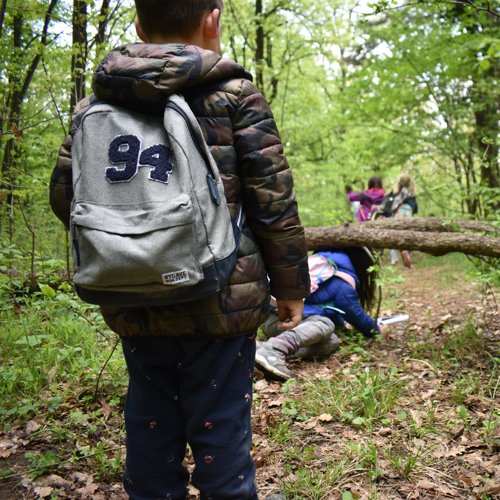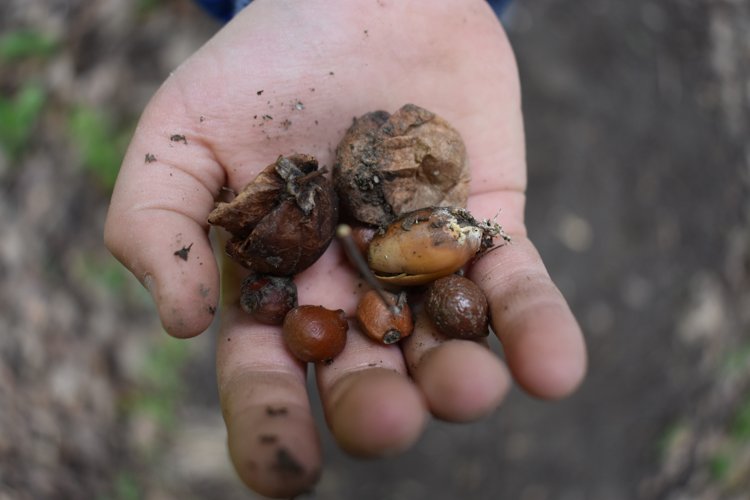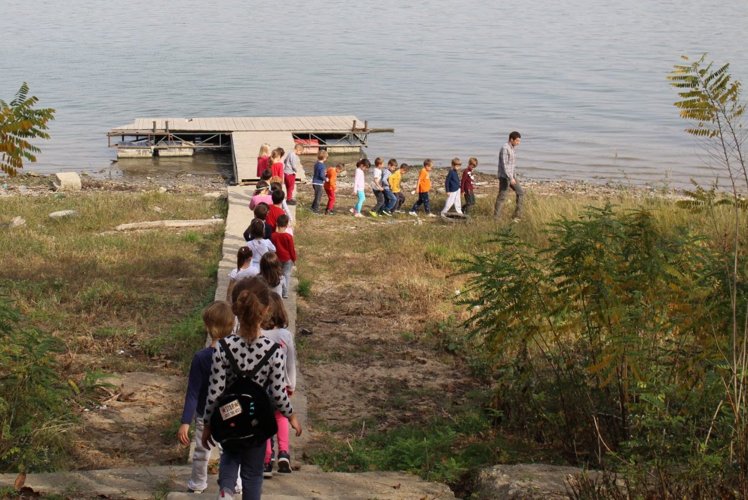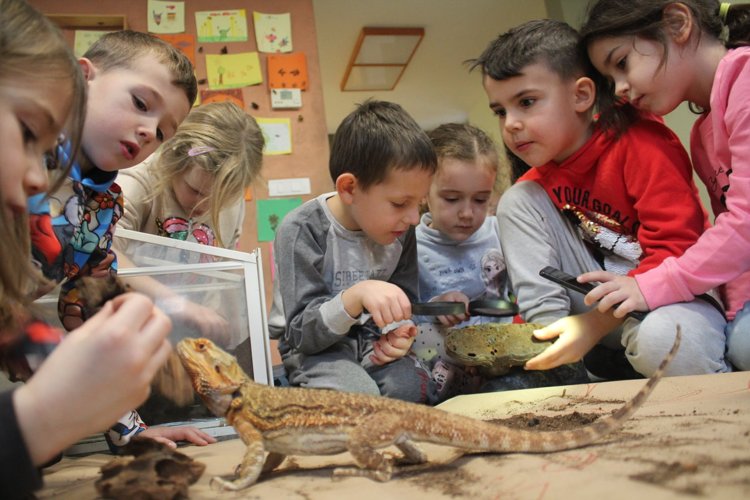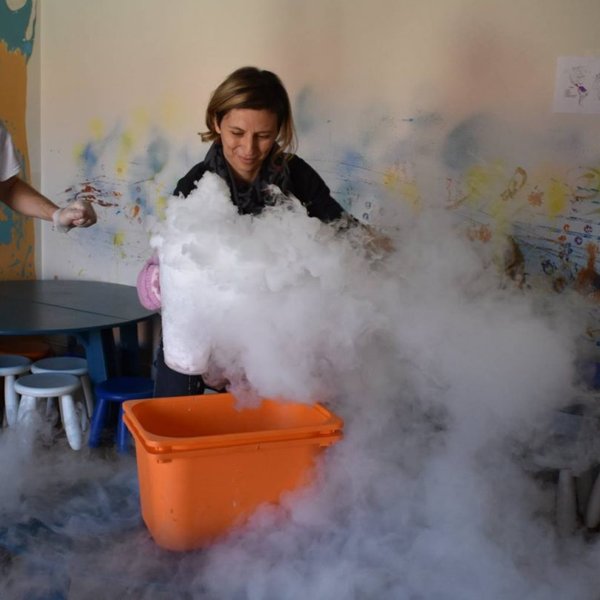Dokolica, or “Leisure,” is an extracurricular activity designed with the aim of reviving traditional games and getting both children and adults involved in modern ones as well. The study of traditional folk games suggests that apart from to their role as leisure entertainment, they were also a way for people to show their strength, speed, dexterity, wit, loyalty, and willingness to cooperate – qualities all of which were needed to secure one’s place among peers and in the wider world.
Sections and clubs
Through their participation in games, whether planned or spontaneous, children and young people had the opportunity to demonstrate their abilities and express different sides of themselves. As such, these games still encourage the development of both socialization and motor skills, while boosting the collective spirit of the group with their uniqueness and novelty.
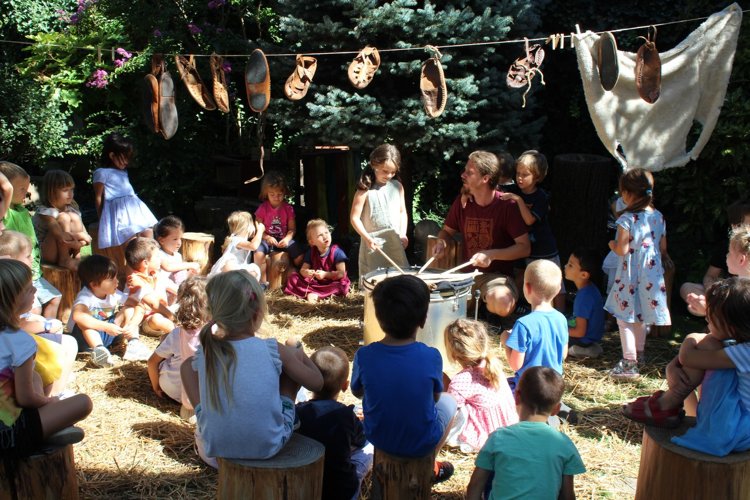
The child is an active participant and partner in the process of upbringing and education.
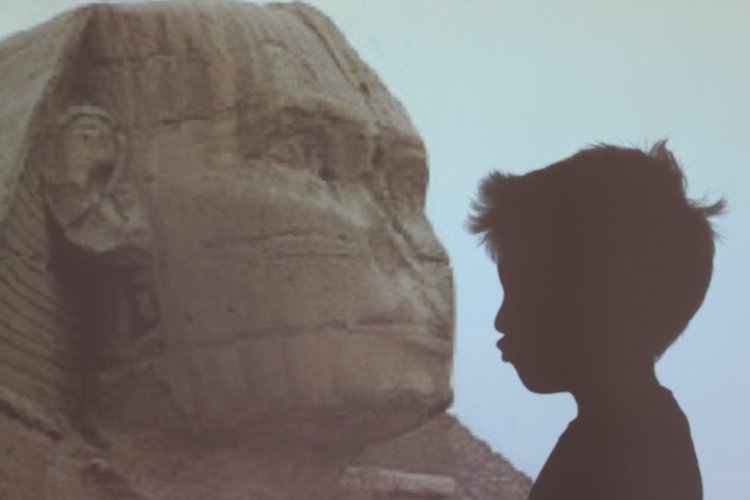
Shared games for children and adults
Encouraging children and adults to learn about and play modern board games together will, along with the aforementioned benefits of playing games, contribute to communication and understanding between generations.
City explorers
This activity was designed with the aim of promoting social inclusion, popularization of science, creative and practical action, children’s activism, ecological literacy, environmental education in the city, and cooperation with the local community.
Parks and wooded areas are inestimably important for people’s physical and emotional well being, especially amid the concrete desert of the city. Their value is seen in the increased quality of air and water, and the defense they give against wind, flooding and erosion. As we can observe all around us the countless contributions made by trees, then all of us, both children and adults, should get to know these organisms better and understand their significance to the planet’s ecosystem.
